PandA
A course site for online distribution of teaching materials and student submission of assignments
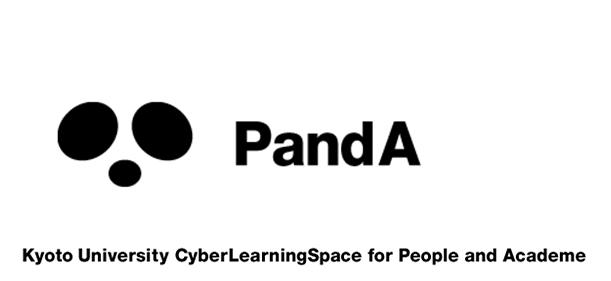
A course site for online distribution of teaching materials and student submission of assignments
PandA is Kyoto University's Learning Management System (LMS), which was introduced by the Institute for Information Management and Communication in 2013. PandA is a system for supporting daily educational practices including students' out-of-class learning (e.g. preparation and review, homework assignments and group work). PandA is also a system for facilitating better class communication.
PandA enables instructors to distribute class materials, grade and return students' assignments, conduct quizzes, and store each student' information on achievement. It also enables students to submit assignments and use the discussion forums. PandA has been extensively used in many courses in liberal arts and sciences ("zengaku-kyotsu kamoku") as well as specialized subjects ("semmon kamoku").

To access the top page of PandA, click the following link.
・PandA:Gateway
*You can create a course worksite on PandA from KULASIS. If you have not created the worksite yet, please visit KULASIS.
・How to create a course worksite from KULASIS
You can download PandA instructor's manual from the following link.
・Website of the Institute for Information Management and Communication, Kyoto University
How to utilize PandA varies depending on the class style (lecture or seminar) and content ("Bun-kei": humanities and social sciences or "ri-kei": natural sciences and engineering). Let's learn how to use PandA optimally in class, based on some model cases of educational practices.

-Let's Take a Look at Professor M's Teaching Life-
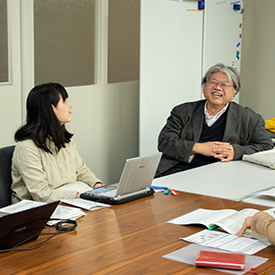
Associate Professor Hiroyuki Sakai and Program-Specific Junior Associate Professor Masako Okamoto, Center for the Promotion of Excellence in Higher Education
Professor Hajime Kita, Institute for Liberal Arts and Sciences, Kyoto University
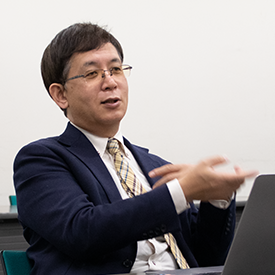
Professor Shoji Kajita (information infrastructure engineering), Institute for Information Management and Communication, Kyoto University
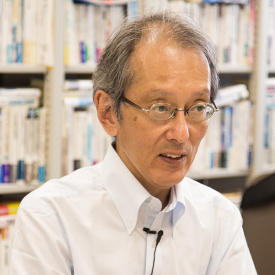
Professor Jun Yoshida, Graduate School of Human and Environmental Studies, Kyoto University
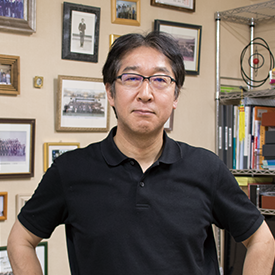
Professor Shuji Kaneko, Graduate School of Pharmaceutical Sciences, Kyoto University
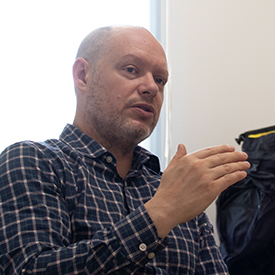
Dr. John William Rylander, Senior Lecturer, Institute for Liberal Arts and Sciences, Kyoto University